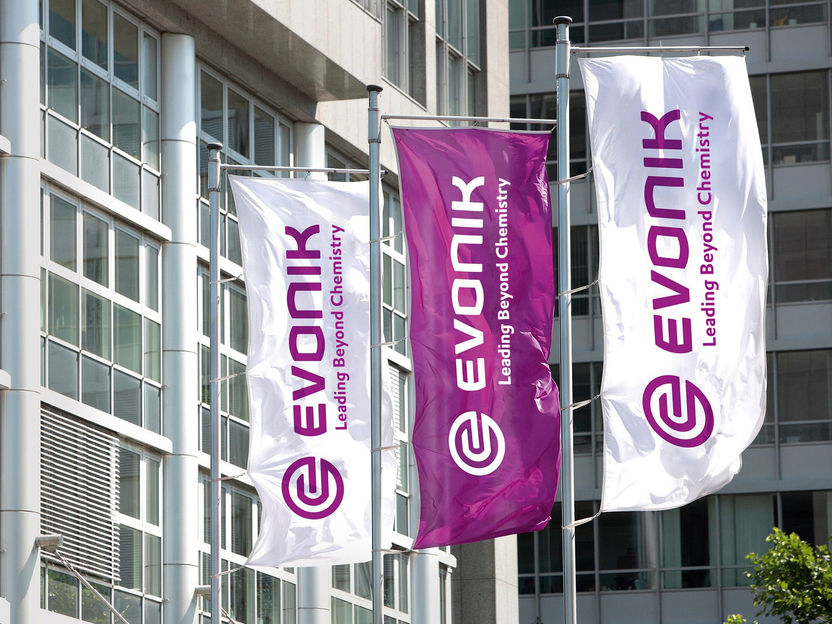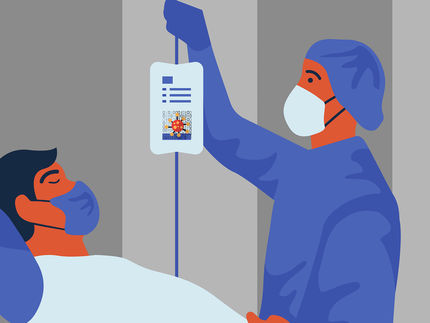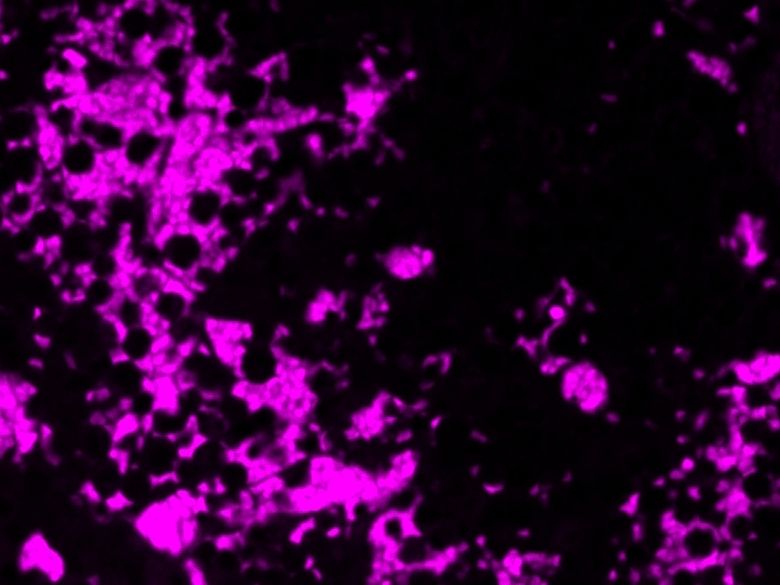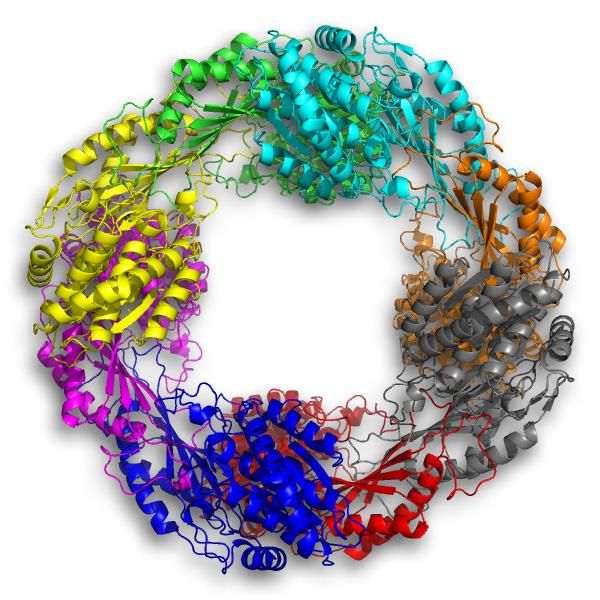Evonik is getting through the crisis well
Sales decline 14 percent on weaker demand, adjusted EBITDA falls 19 percent
Against the backdrop of the worldwide recession triggered by the Corona pandemic, Evonik is getting through the crisis well. Nevertheless, sales and earnings in the second quarter decreased compared to the previous year due to significantly weaker demand in some markets. Company sales fell by 14 percent to €2.83 billion, while adjusted earnings before interest, tax, depreciation and amortization (EBITDA) fell 19 percent to €456 million.

Evonik Industries AG
"Evonik is weathering the crisis," said Christian Kullmann, chairman of the management board. "In the second quarter we felt the effects of the pandemic. However, the strategic portfolio changes and the implementation of our efficiency programs contributed to the fact that we got through the first half of the year better than initially expected. This is especially true for our strong growth segments."
The two growth segments Resource Efficiency and Nutrition & Care showed robust performance in the second quarter and achieved strong EBITDA margins of 20 percent each. The Performance Materials segment, on the other hand, was hit much harder by the slump in demand as well as suffering from the low oil price.
Adjusted net income in the second quarter decreased by 30 percent year-on-year to €160 million. Adjusted earnings per share declined from €0.49 to €0.34. Free cash flow was significantly positive at €96 million. Lower bonus payments and tax reimbursements more than compensated for the effects of lower operating profit and an increase in net working capital.
"In the crisis, we have shown high cash and cost discipline," said Ute Wolf, chief financial officer. "We are starting to see initial signs of recovery in some markets. However, there is still no question of a general economic recovery. The Corona crisis is not yet over."
For the full year 2020 Evonik confirms its outlook from May 7. The company expects sales of between €11.5 billion and €13.0 billion as well as adjusted EBITDA of between €1.7 billion and €2.1 billion.
Segment Development
Resource Efficiency: At the Resource Efficiency segment some businesses were significantly affected by the decline in demand, while others remained stable. Crosslinkers saw higher demand from the wind-energy market. Sales of active oxygen products also increased due to the initial inclusion of PeroxyChem, the US manufacturer of hydrogen peroxide and peracetic acid acquired at the beginning of February, as well as a good development in specialties, such as disinfectants. On the other hand, the global economic slowdown and cutbacks in production by customers, especially in the automotive sector, led to a decline in sales volumes of high-performance plastics, silica and silanes for the tire industry. Demand for oil additives also declined. Sales at Resource Efficiency fell by 14 percent to €1.24 billion in the second quarter and adjusted EBITDA by 22 percent to €255 million.
Nutrition & Care: The Nutrition & Care segment stayed robust. Sales fell by only 4 percent to €1.09 billion in the second quarter. Adjusted EBITDA even rose by 14 percent to €217 million. The essential amino acids for animal nutrition benefited from higher selling prices and increased demand. The health care business once again recorded a pleasing development in pharmaceuticals and food ingredients as well as pharmaceutical polymers. However, additives for polyurethane foams experienced a decline in demand.
Performance Materials: At the Performance Materials segment sales in the second quarter fell significantly by 42 percent to €319 million. The decline in demand, particularly from the automotive and oil industries, particularly affected Performance Intermediates. In addition, the massive drop in the price of oil weighed on business. Functional Solutions' sales also declined due to weak demand. Adjusted EBITDA of the segment decreased by 85 percent to €11 million.

























































